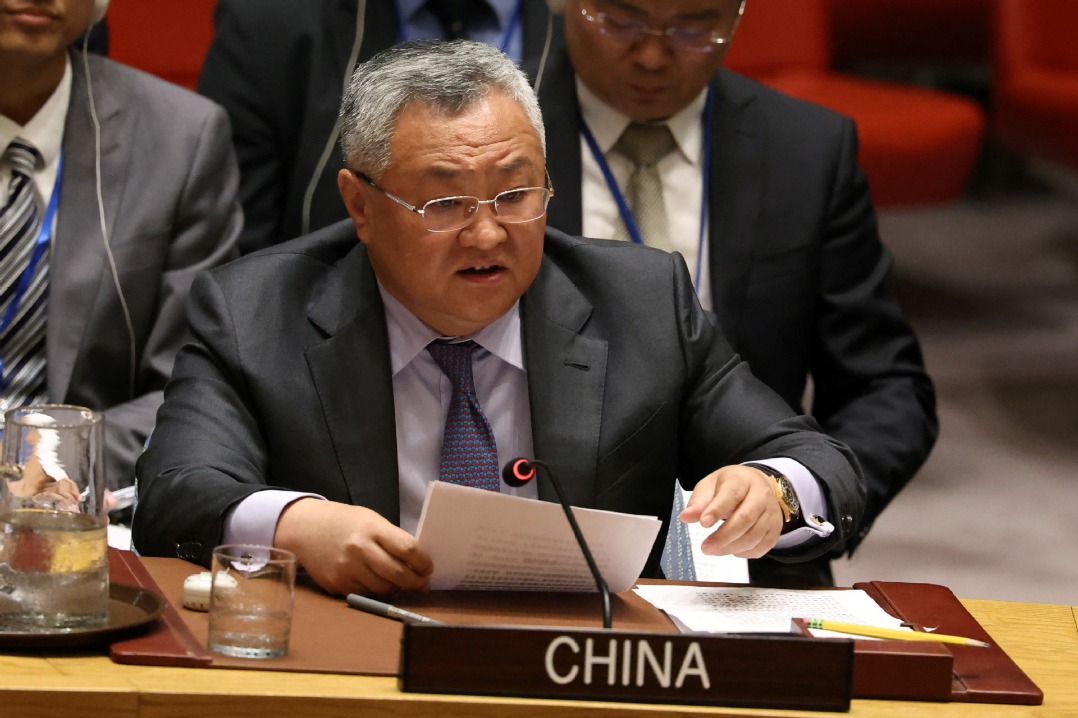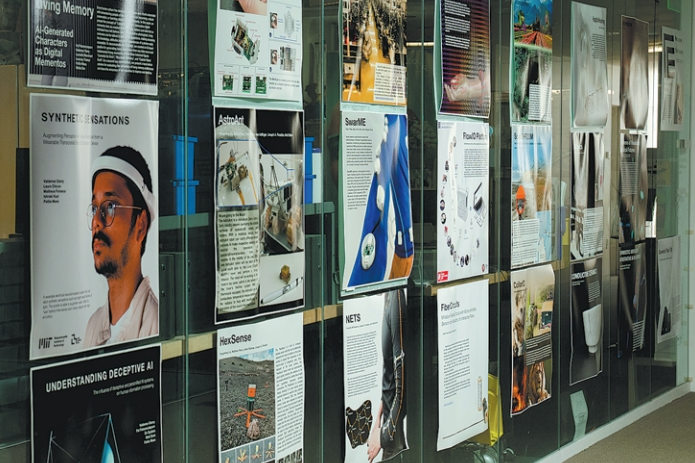Tokyo and Beijing can pave way for global trust

Japan and China are to observe the 50th anniversary of the normalization of their diplomatic relationship in September 2022.
The two countries must sublimate their cooperative relationships to a new dimension beyond the previous phase of focusing on China's reform and opening-up policy.
During the past 50 years, China has realized outstanding economic growth and attained a dominant position in the world through its political and economic activities.
In December 1979, when then Japanese prime minister Masayoshi Ohira visited China, I had an opportunity to accompany him as his secretary.
In his speech delivered in Beijing, Ohira reflected on his thoughts at the time on the negotiation to normalize diplomatic relationships, saying: "Our hearts were full of great anticipation and equally great anxieties. Our anxieties were relieved, however, by the broadmindedness of China's leaders and its people, which was well-expressed by the words of Premier Zhou Enlai on 'seeking big common ground while shelving small differences'. That culminated in the successful conclusion of the great deed to normalize diplomatic relationships between China and Japan." He concluded his speech by stressing that one of the most important factors for international relationships is to maintain the mutual trust between people of the countries beyond the economic interest.
China steadily pursued its structural reform, learning from the economic reform experiences of other nations, including Japan. Ohira committed during his official visit to China to offer the so-called yen credit to support the construction of industrial and social infrastructure necessary for economic development. China realized the process of high economic growth since the 1990s and entered the World Trade Organization in 2001. Its economic scale surpassed that of Japan in 2010 to become the world's second-largest economy and grew even further to become about three times as large as Japan's today.
During this period of high economic growth, China advanced its economic reform and technological development to become the largest trade partner of Japan, and even attained sufficient capabilities to compete with the United States in advanced technological fields.
In July, President Xi Jinping spoke at the informal summit of the Asia-Pacific Economic Cooperation Forum about the building of "a new and open economic regime of advanced level, by creating a new framework for development".Japan, meanwhile, has overcome the stagnancy of the Heisei Era (1989-2019), and is now pursuing the reform of the Reiwa Era, which began on May 1, 2019.
Japan and China need to undertake efforts to achieve "economy of high quality" that pivots around revolutionary information and communication technologies, led by artificial intelligence.
While the world economy suffers from the finiteness of resource availability and exacerbation of the global environment, the only path we can choose is to realize, with higher creativity and added value, "economy of high quality," which has less resource dependency and lower burden on the global environment, so that humans can optimize their functions.
Japanese industries were proud to be among the world's top-class industrial and technological powers in the 1980s and early 1990s, but its industrial power was flattened to stagnancy by the collapse of economic bubbles. Japan has recently been striving to make a full recovery.
China, on the other hand, achieved outstanding success and reached a level high enough to compete with the United States through advancement in industrial technologies.
We are now moving to the new stage of economic and social advancement through technological innovation. We have to challenge the following matters.
First, we need to deploy innovation vigorously. The 21st century is the age of new development in innovations, with AI and others at the center.
I would like to propose a new definition of "innovation", in this age of the latest information technology revolution, as the creation of new intellectual values within the economic sphere through the combination, integration and utilization of information elements collected through revolutionary information technologies.
Recently, it was found that the aggregations of intellectual functions in cities have contributed greatly to promoting innovation, such as in the cases of the Silicon Valley in the US, Zhongguancun Science Park in Beijing and the Nanshan district of Shenzhen, Guangdong province. Regional and social cooperation is strongly expected to be encouraged.
Second, we have to cooperate for the efficient operation of the global market, which needs to operate freely and rationally under fair and safe rules. Japan and China need to reach agreement for this purpose in cooperation with the US and the European Union, while taking a leading role in restoring the proper functioning of the World Trade Organization.
Until then, it is necessary to promote and utilize regional free trade agreements, such as the Regional Comprehensive Economic Partnership, the Comprehensive and Progressive Agreement for Trans-Pacific Partnership, and APEC.
Japan and China need to have mutual exchanges of their experiences in such rule-making and lead the world to realize "economy of high quality".
Third, we need to have mutual cooperation in reforming corporate management methods. The efficiencies of corporate management have been improved significantly through the advancement of information and communication technologies, with work style reform evolving through digital transformation of offices. Corporate value, which may include profit value, customers' value, workers' value and social value, is increasingly expected to grow further through AI and other advanced management tools.
Fourth, Japan and China have to expand their mutual cooperation in various fields, including more efficient energy consumption and transfer of pollution prevention technologies. In the future, Japan and China need to deploy wide-ranging collaboration, including in technological development, and, more important, continue working for the deployment and dissemination of their technological achievements to developing countries.
Fifth, we have to address demographic changes in society, with fewer children and an aging population. Japan is now facing grave issues arising from its aging society, such as how to secure financial resources to fulfill social security needs in providing health, nursing and medical services to the elderly. Similar issues will likely hit China in the near future. Both countries need to mutually exchange their experiences and cooperate with each other in developing social welfare policies and measures.
Finally, Japan and China can strengthen their bonds with the international community through mutual cultural exchanges. It is my belief that if Japan and China can cooperate in integrating industries and cultures, as well as technologies and arts, this will enhance mutual understanding of their cultures by improving the human sense of values, thereby significantly contributing to global stability and the harmonization of human society.
Through these mutual exchanges, Japan and China could both provide greater contributions to realizing "economy of high quality" and globalism with mutual trust.
The author, a former Japanese vice-minister of international trade and industry, is chancellor of the Incorporated Educational Institution of Toyo University in Tokyo, Japan.































